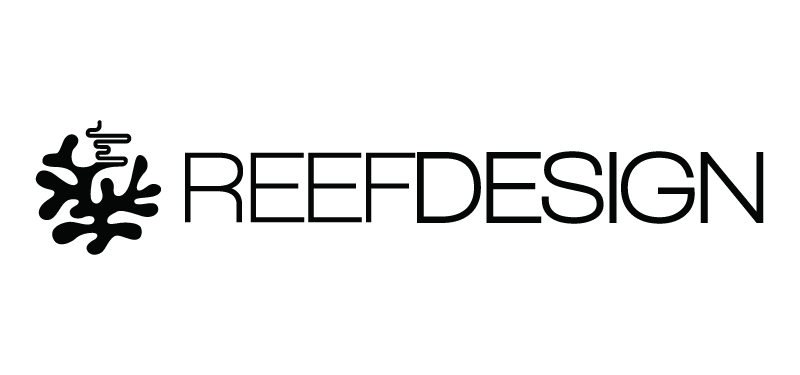MARS




Category
Global ProjectsAbout This Project
MARS is a ceramic 3D printed modular system for constructing reef habitat without the need for heavy duty equipment. The system was originally designed by Alex to be used in conjunction with coral farming and reef restoration projects.
MARS reimagines these farming structures as a three dimensional lattice that can be deployed from small boats and implemented by divers similar to an underwater lego set. This completely eliminates the need for heavy-duty machinery (which many communities do not have access to) but allows for a strong structure using minimal material. The system is then built depending on the needs of the coral farm or the restoration goal. RDL calls its patented technique for 3D-printed coral formation Modular Artificial Reef Structure, or MARS. Instead of using steel or concrete, popular substrates for artificial reefs, RDL prints hollow blocks of ceramic, which can be molded into complex shapes, and fills them with concrete for stability. Divers bring these blocks underwater and fit them together like LEGOs to form a cohesive and resilient structure.
Each unit has specially designed surface geometry to encourage natural recruitment of juvenile coral and to make it easier for transplanted coral to take hold. These surfaces are 3D printed and moulded in ceramic using the slip casting process. The hollow forms are then filled with marine concrete and steel reinforcement. Ceramic is one of the best transplanting materials as it is completely inert and can be moulded with rough surfaces. Once implemented the system provides a permanent rigid structure for transplanting coral but also acts as habitat protection for other species in the area.
A MARS system was implemented on Summer Island in August 2018 to be part of the islands coral farming project that was setup by dive base leader Arjan Sierink. The project will test how effective the system is for transplanting and acting as a permanent habitat.
Local: Maldivas
Year: 2018
AM Technology: Fused Filament Fabrication
Material: Ceramics


